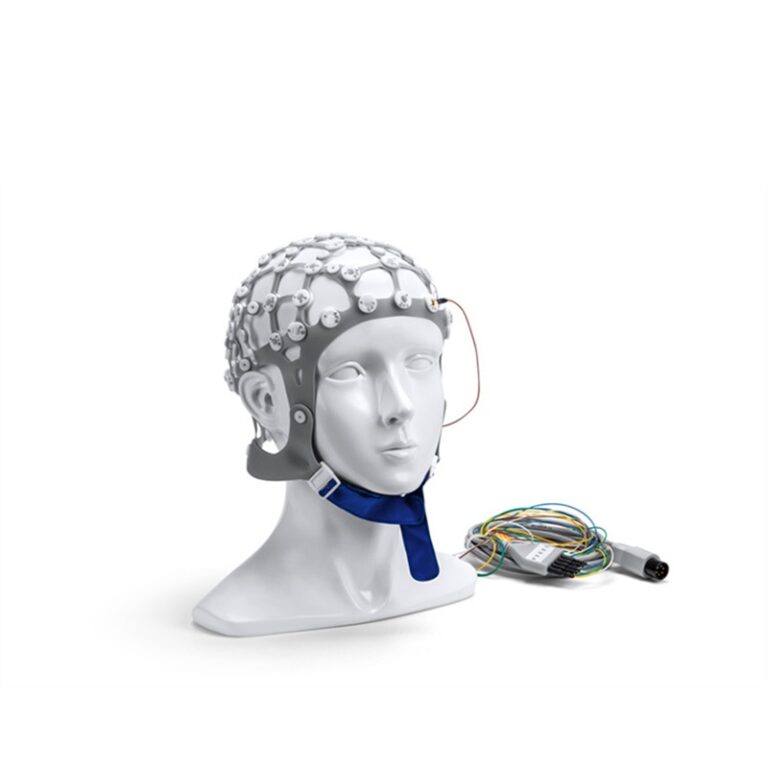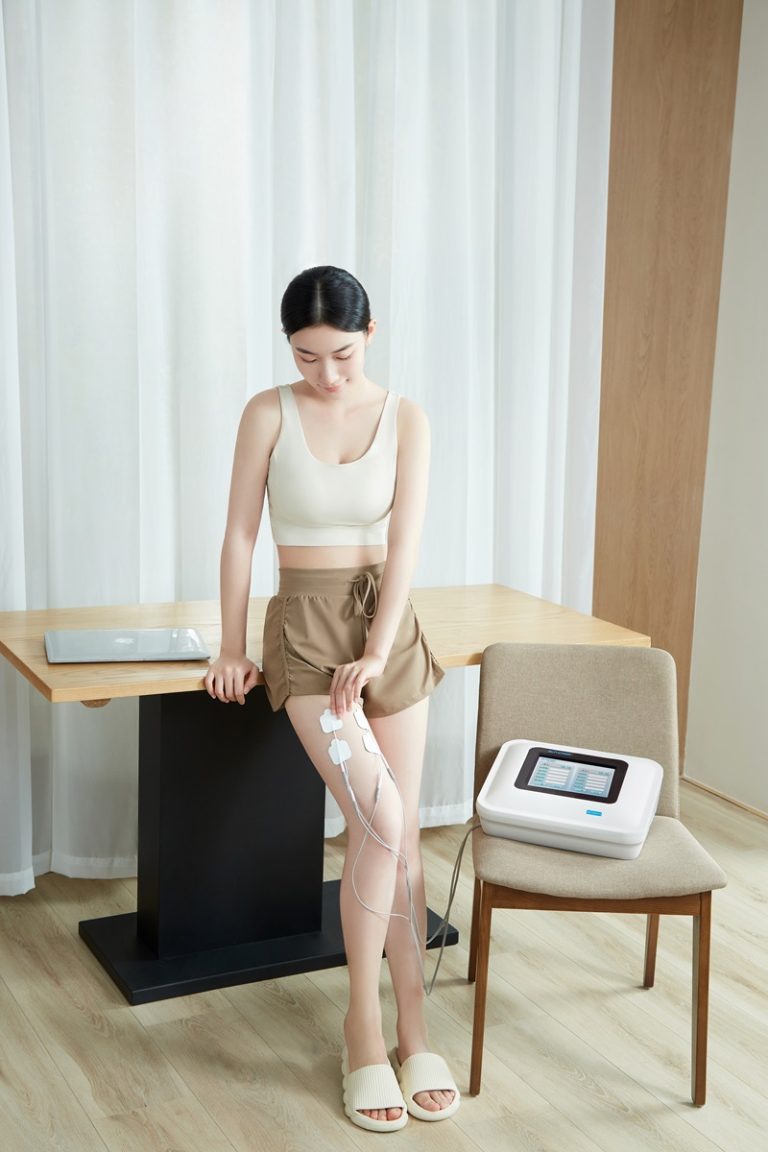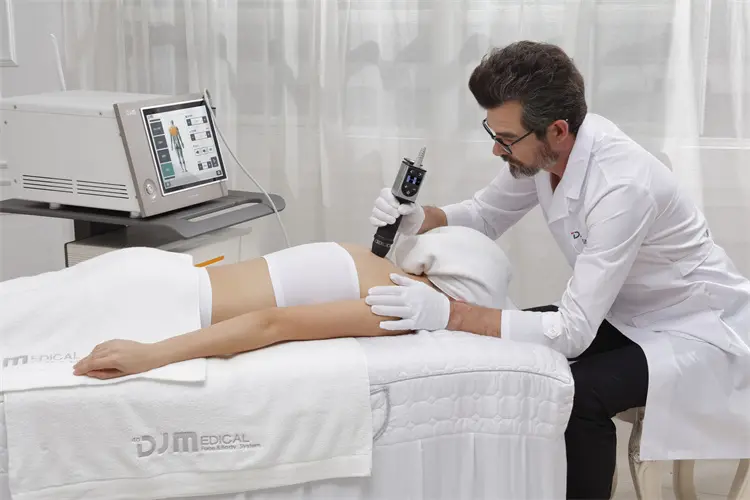Transcutaneous Electrical Nerve Stimulation (TENS) is a non-invasive treatment method used in physiotherapy for pain management and rehabilitation assistance. This process uses low-voltage electrical impulses delivered through the skin to stimulate nerves and reduce the pain signals sent to the brain. A common method used for assisting chronic and acute pain conditions in both clinical and home settings. It serves as a powerful, non-drug solution for relieving pain and rehabilitating muscles.
How TENS Physiotherapy Works
Transcutaneous electrical nerve stimulation (TENS) physiotherapy devices work by attaching electrode pads over the area that is painful area. These devices apply mild electrical impulses that help to interrupt pain signals and promote natural pain relief. Moreover, TENS increases the release of endorphins, which are the body’s natural painkillers, which makes TENS an effective alternative to medicine. The strength and regularity of the electrical pulses may also be calibrated to treat various pain illnesses, so the user can tailor the therapy to their own needs.
TENS Physiotherapy and its Common Uses
TENS physiotherapy is commonly used in treatments for such conditions as:
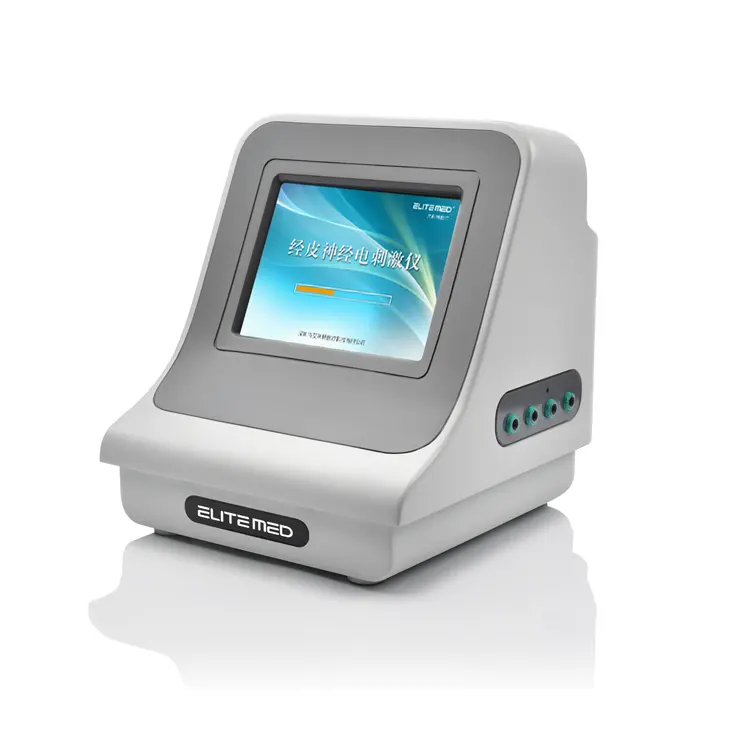
Chronic Pain Management – Helpful for arthritis, fibromyalgia, and lower back pain.
Recovery From Surgery – Assists in decreasing pain and inflammation after surgery.
Muscle Rehab – Provides muscle recovery after damage or strains.
Neuropathy Pain Relief – Helpful for diabetic neuropathy and nerve pain.
Used By Athletes To Manage Pain And Enhance Recovery – Sports Injury Treatment
Pain Management During Labor – This offers a drug-free method for relieving pain during childbirth.
Relieves Joint and Tendon Pain – An effective way to relieve pain caused by repetitive strain injuries.
Tension Headache and Migraine Relief – Targeted electrode placement provides relief from tension and migraine headaches for some users.
TENS Physiotherapy in Both Clinical and Home Settings
TENS devices are commonly used by medical professionals in clinics as an adjunct to physiotherapy sessions. Portable TENS machines used in hospitals can also be used at home for continuous pain relief. Some of the most advanced models offered on ELITEMED have adjustable options for different intensity levels so you receive effective treatment based on your exact needs. Home-use devices are compact, light, and rechargeable, providing respite on human comfort.
TENS Physiotherapy Safety and Precautions
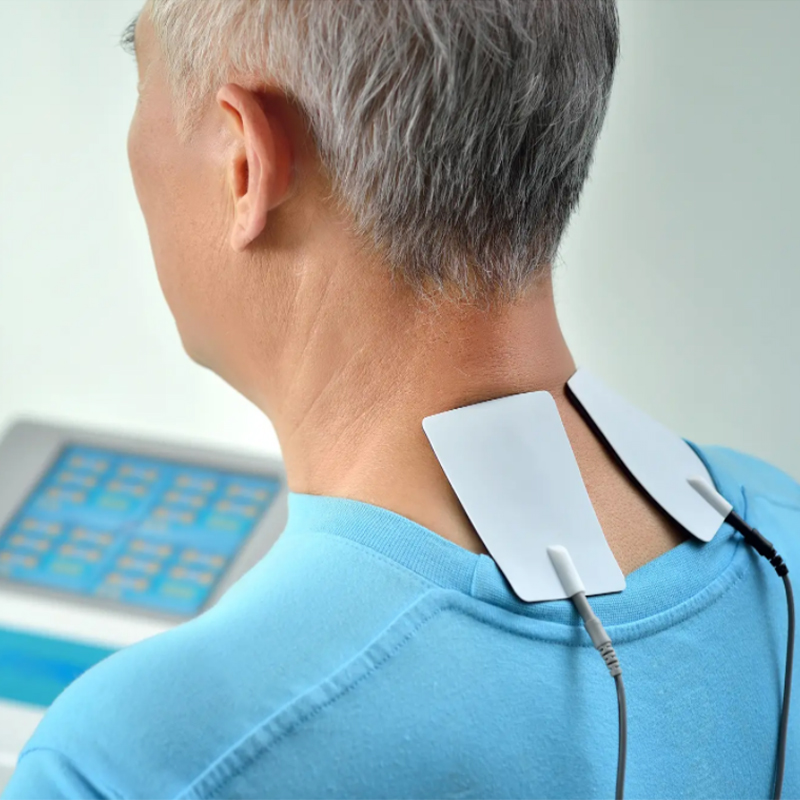
Although this is normally safe, the following precautions should be observed:
Avoid Use Near the Heart: For those with a pacemaker, electrodes should not be placed over the chest.
Treat with Care: Electrodes should only be placed on intact skin.
Consult with a Doctor for Chronic Conditions: Talk to a doctor before using it if you have epilepsy or heart conditions.
Use proper electrode positioning: Make sure the pads are placed correctly for optimal results and to avoid pain.
Avoid Excessive Use: Overuse may cause skin irritation; use according to manufacturer recommendations for best results.
Conclusion
TENS physiotherapy has been proven as an effective and commonly used device in clinical settings for pain management but can also be used at home. High-quality TENS devices provided by ELITEMED are the ultimate solutions for various types of pain relief that 2 6 November people can have in their homes, thus giving them a chance at a comfortable life. Through an understanding of its applications and adherence to safety measures, users can experience the long-term pain management that TENS physiotherapy offers. It can be an attractive drug-free option for those wanting to manage chronic pain, muscle soreness, and some sports injuries.

